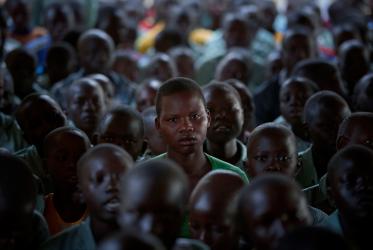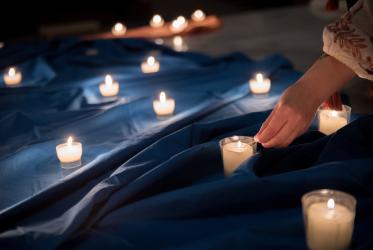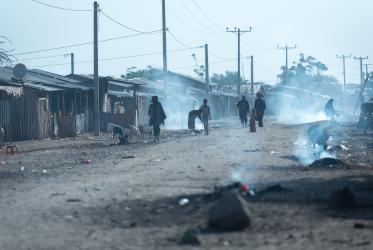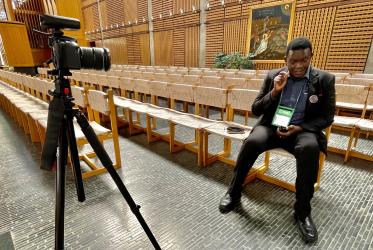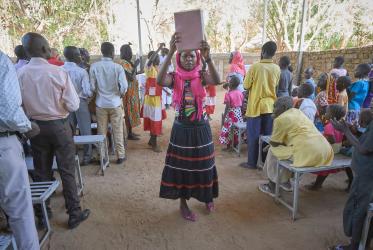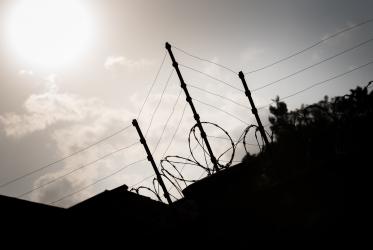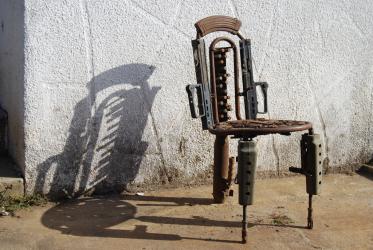Displaying 1 - 20 of 48
21 December 2023
WCC leaders recall life-changing experiences from early days
10 February 2022
WCC expresses concerns over reinstatement of death penalty in Malawi
07 September 2021
Churches in southern Africa stand against violence, xenophobia
10 October 2019
Doing his best without being the best
07 September 2018
“Love will find a way”
23 August 2018
#WCC70: Churches as “freedom agents”
12 February 2018
“Called to be a good neighbor”
14 October 2017


